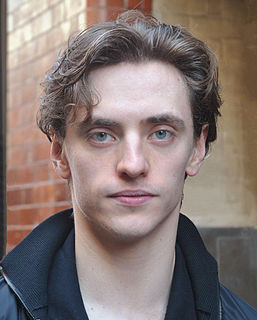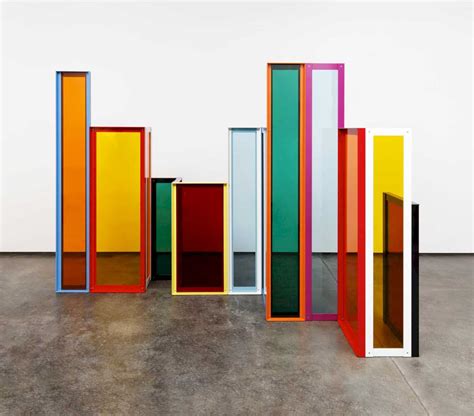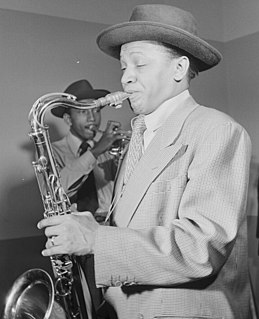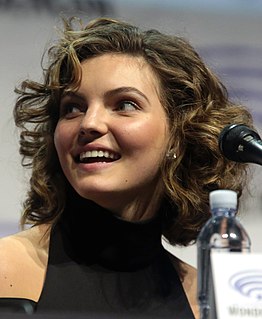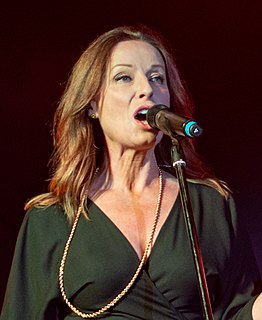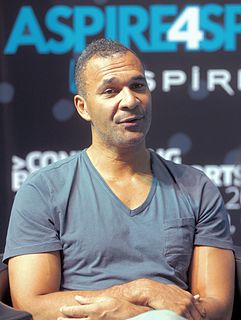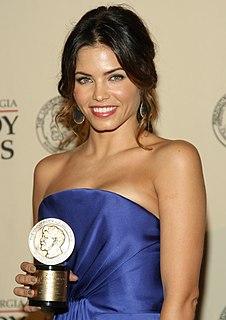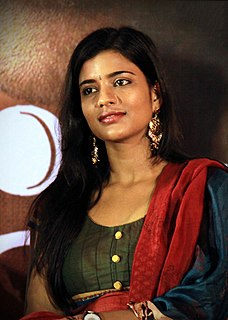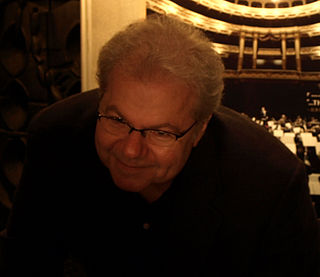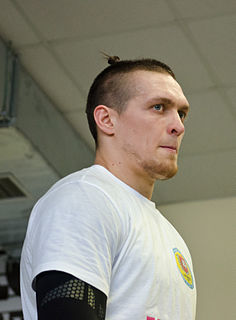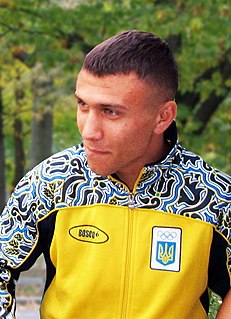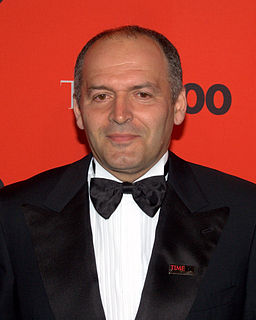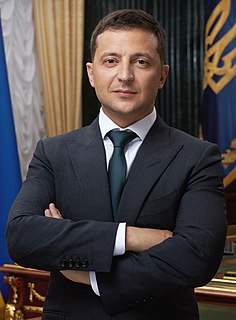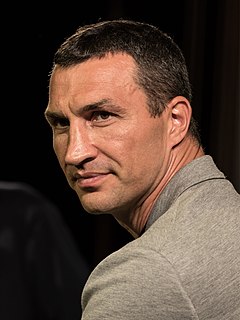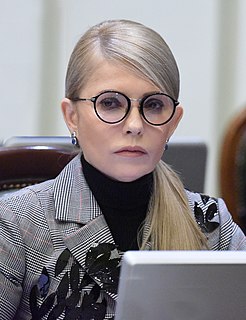A Quote by Sergei Polunin
It always felt as though there was a wall between me and contemporary dance. I didn't know how to get into it.
Related Quotes
What is drawing? How does one get there? It's working one's way through an invisible iron wall that seems to stand between what one feels and what one can do. How can one get through that wall? - since hammering on it doesn't help at all. In my view, one must undermine the wall and grind through it slowly and patiently.
Except even at the start, when we were in that can't-get-enough-of-you-phase, there was like some invisible wall between us. At first I tried to take it down, but it took so much effort to even make cracks. And then I got tired of trying. Then I justified it. This was just how adult relationships were, how love felt once you had a few battle scars.
Their leaving made me melancholy, though I also felt something like relief when they disappeared into the dark trees. I hadn't needed to get anything from my pack; I'd only wanted to be alone. Alone had always felt like an actual place to me, as if it weren't a state of being, but rather a room where I could retreat to be who I really was.
